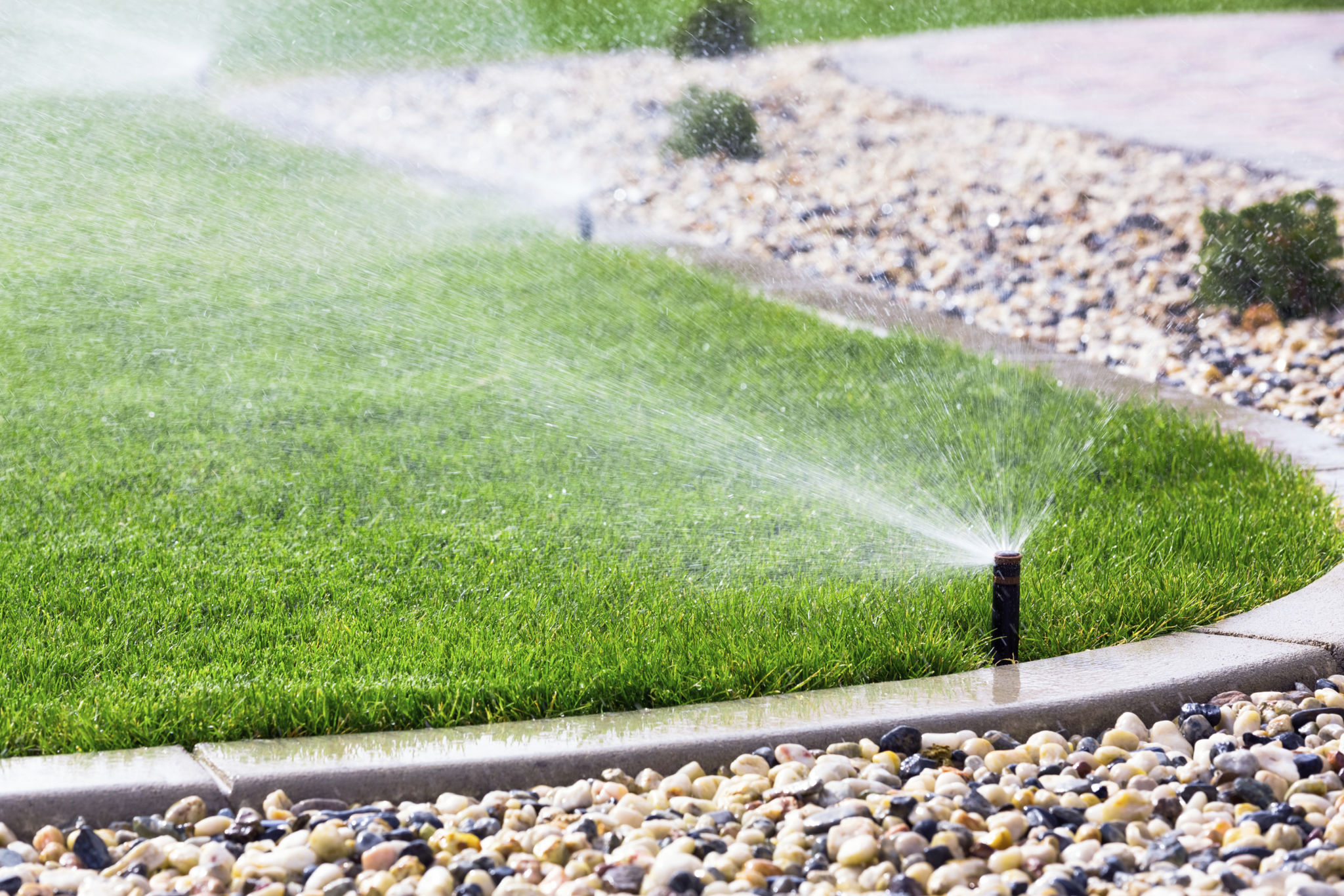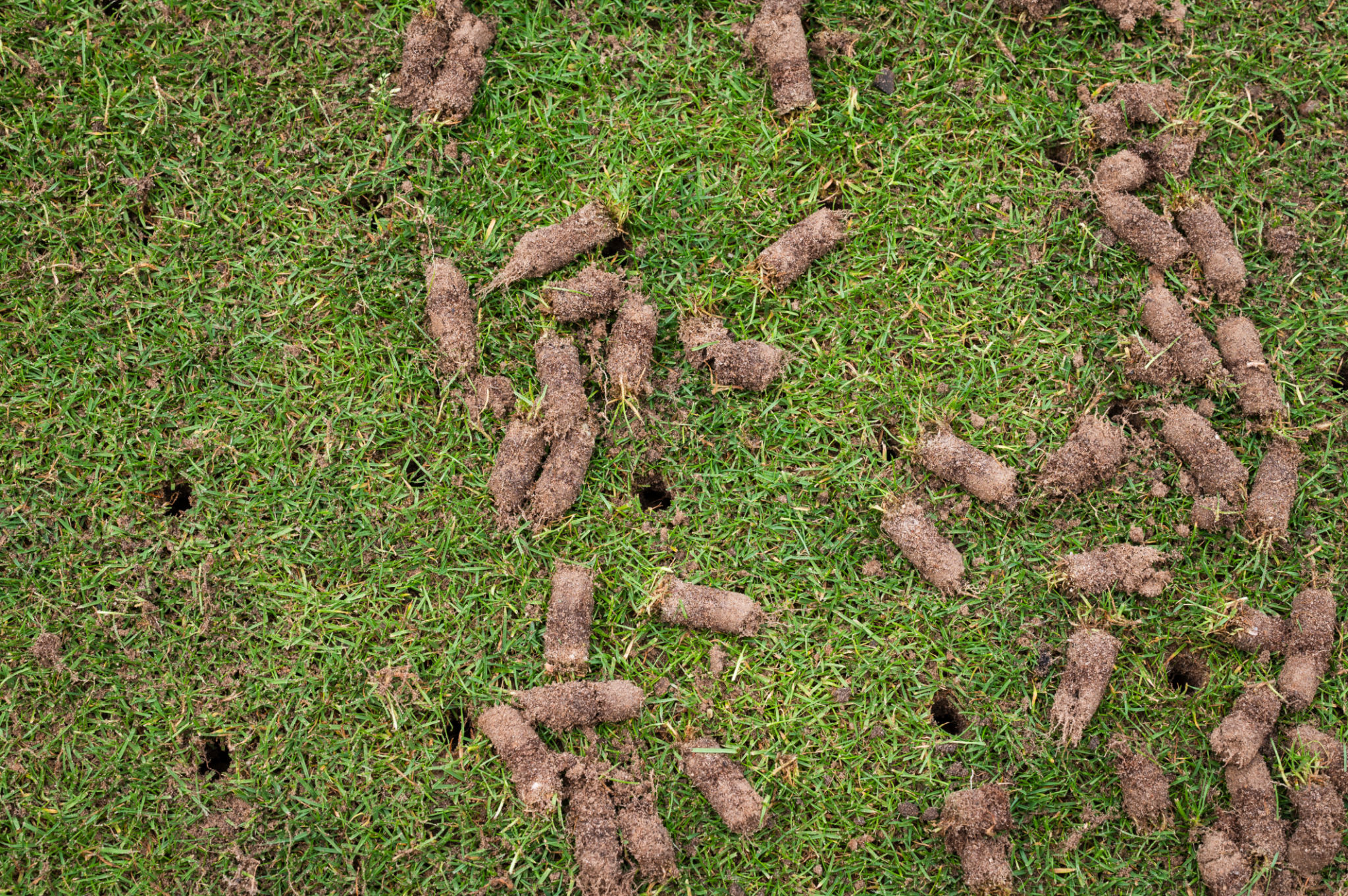Top Lawn Care Myths Debunked by Pristine Lawn Care
Myth 1: Watering Your Lawn Every Day Is Essential
One of the most common misconceptions in lawn care is the belief that daily watering is necessary for a healthy lawn. In reality, over-watering can lead to shallow root growth and increased susceptibility to disease. Instead, aim to water your lawn deeply but less frequently, encouraging roots to grow deeper and making your grass more drought-resistant.

Myth 2: Shorter Grass Means Less Mowing
Many people think that cutting their grass very short will reduce the need for mowing. However, cutting the grass too short can stress the plant, hinder its growth, and make it more vulnerable to pests and diseases. It's best to follow the "one-third rule": never remove more than one-third of the grass blade in a single mowing session.
The Importance of Proper Mowing Height
Maintaining the proper mowing height allows grass to develop a strong root system, which helps it compete with weeds and withstand drought conditions. Most lawns thrive when cut to a height of about 3 to 4 inches.

Myth 3: Fertilizing More Often Leads to a Greener Lawn
It's a common belief that frequent fertilization will result in a lush, green lawn. However, over-fertilizing can harm your grass, causing excessive growth that requires more mowing and can lead to nutrient runoff. A balanced fertilization schedule tailored to your lawn's specific needs is key.
Understanding Fertilization Needs
Each lawn has unique nutrient requirements based on soil type and grass species. Conducting a soil test can help determine the right fertilization plan. Typically, lawns benefit from fertilization about two to four times per year, depending on the grass type.

Myth 4: All Weeds Are Bad
While it's true that weeds can compete with grass for resources, not all weeds are harmful. Some weeds can even indicate certain soil conditions that need addressing. For instance, clover can improve soil fertility by fixing nitrogen from the atmosphere.
Managing Weeds Effectively
Instead of indiscriminately removing all weeds, focus on maintaining a healthy lawn through proper mowing, watering, and fertilization. A dense, healthy lawn naturally suppresses weeds by reducing the space available for them to grow.
Myth 5: Grass Clippings Cause Thatch Buildup
Many homeowners believe that leaving grass clippings on the lawn contributes to thatch buildup. However, grass clippings are mostly water and decompose quickly, providing valuable organic matter and nutrients back to the soil.
The Truth About Thatch
Thatch is primarily composed of roots and stems rather than grass clippings. If your lawn has a thatch problem, it's often due to over-fertilization or compacted soil. Aerating your lawn can help alleviate this issue by improving soil structure.

By understanding these common lawn care myths and adapting your maintenance practices accordingly, you can enjoy a healthier and more vibrant lawn. At Pristine Lawn Care, we're committed to providing the knowledge and services needed to help your lawn thrive.